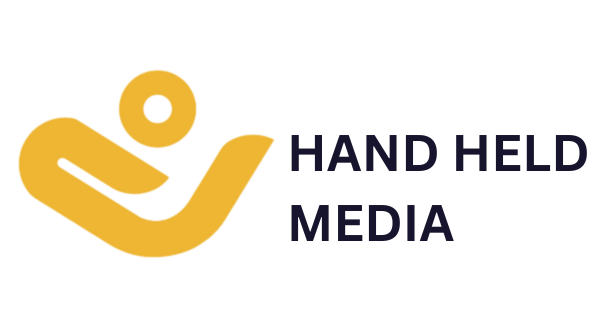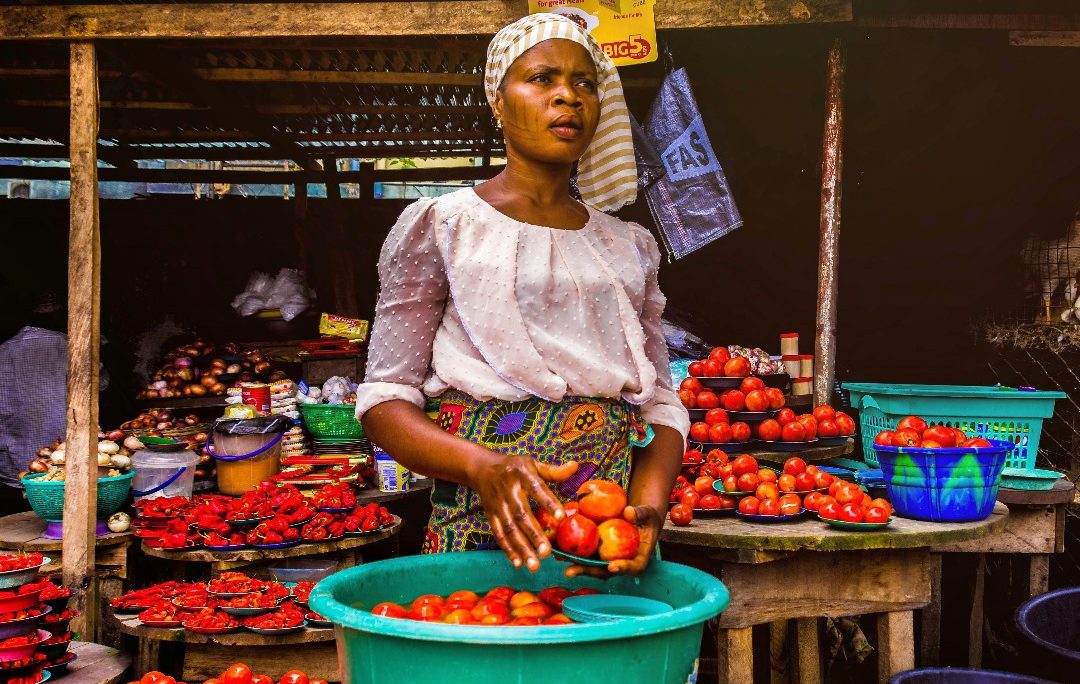In a world filled with noise, it’s often the quietest voices that need to be heard the most. These are the voices of the downtrodden, the marginalized, and the forgotten members of our society. Their stories are often buried beneath the headlines, overshadowed by louder narratives. Yet, it is through these very stories that we can glimpse the true essence of humanity.
Storytelling has always been a powerful tool for communication and connection. It has the ability to transcend barriers of language, culture, and distance, allowing us to step into the shoes of another and see the world through their eyes. When it comes to amplifying the voices of the downtrodden, storytelling becomes not just a tool, but a lifeline.
At its core, storytelling is about empathy. It’s about creating a space where the listener can truly understand and connect with the experiences of another. When we hear the stories of the downtrodden, we are confronted with the harsh realities of inequality, injustice, and suffering. But we are also presented with moments of resilience, courage, and hope.
Through storytelling, we can shine a light on the struggles faced by marginalized communities, bringing their experiences out of the shadows and into the collective consciousness. These stories have the power to challenge stereotypes, break down barriers, and inspire action. They remind us of our shared humanity and the need to stand in solidarity with those who have been silenced for too long.
But storytelling is not just about raising awareness; it’s also about creating change. By amplifying the voices of the downtrodden, we can advocate for systemic reforms, challenge oppressive structures, and work towards a more just and equitable society. Every story has the potential to spark conversations, mobilize resources, and drive meaningful progress.
In a world that often seems divided and fragmented, storytelling has the power to unite us. It reminds us that we are all connected by our common humanity and shared experiences. By listening to the stories of the downtrodden, we can cultivate empathy, foster understanding, and build bridges across divides.
So let us lend our ears to those whose voices have been silenced for too long. Let us amplify their stories, honor their experiences, and stand in solidarity with them as allies and advocates. For it is through the power of storytelling that we can create a more inclusive, compassionate, and just world for all.


